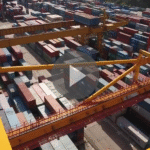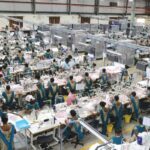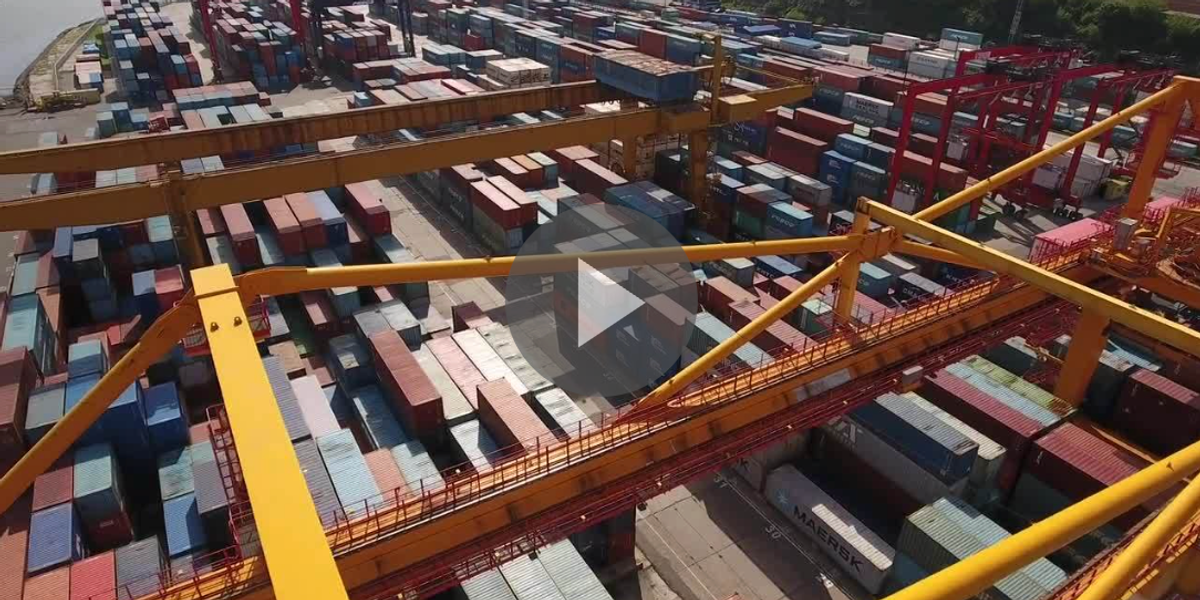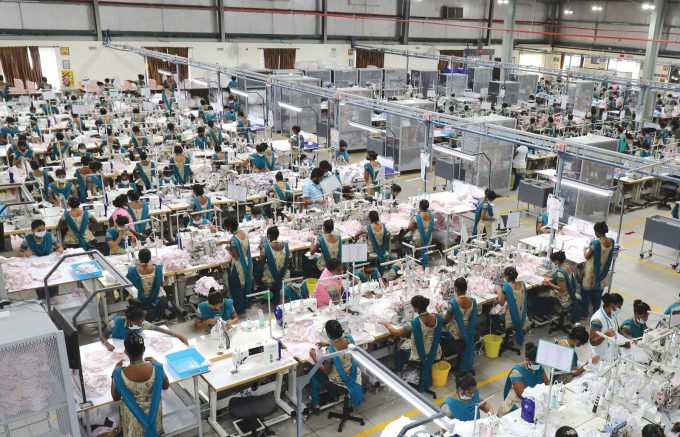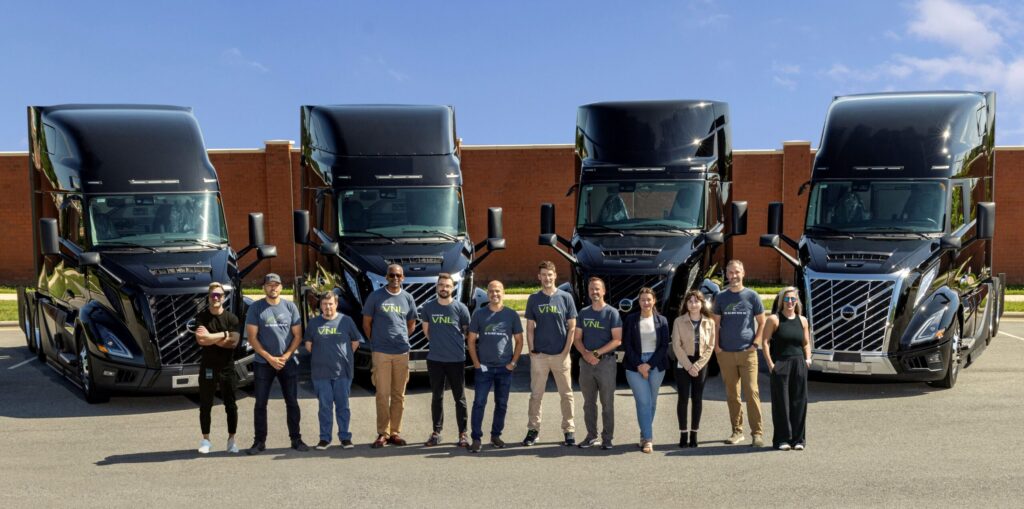
As the logistics industry faces global uncertainty and technological opportunities, a study by Descartes, a supply chain software vendor, found that the top challenges freight forwarders and customs brokers expect to face over the next five years include: global instability (60%), tariff changes (42%), and customer pricing pressures (61%).
To manage these headwinds, 67% of respondents said they view technology as essential or very important to growth, and 55% cited implementing new technologies as their best growth strategy over competitors. The findings came from Descartes’s “Global Benchmarking Study of Freight Forwarders/Brokers” which included more than 400 companies.
More specifically, survey respondents viewed the ability to leverage automation and artificial intelligence (AI) as vital to long-term efficiency, compliance speed and profitability. AI (65%) was cited as the technology expected to deliver the most value to organizations over the next two years. While many traditional technologies saw a decline in perceived value, both price management (20%) and regulatory compliance systems (30%) showed gains in 2025.
Other key findings include:
- Manual processes hinder growth: 25% cited manual workflow as the main inhibitor to growth, with small businesses in particular suffering from limited access to capital (27%).
- AI dominates technology investment: 55% of survey respondents plan to prioritize investment in AI over the next two years.
- Competitive Shift: Personalized services (33%) outperformed hyperservices (31%) as the top competitive advantage, signaling a move toward more personalized, data-driven customer experiences.
“Over the nine editions of the study, the role of technology has changed dramatically for freight forwarders and customs brokers – from streamlining back-office processes, to enabling digital customer engagement, to harnessing intelligent automation,” Scott Sangster, managing director of logistics service providers at Descartes, said in a statement. “This shift is reflected in the industry’s IT investment priorities, which have evolved in parallel with technological maturity: from technology for efficiency in 2019-2020, digitalization in 2021-2022, and now intelligence and automation until 2025.”
The study drew findings from a survey of 434 freight forwarders and customs brokers across North America, EMEA, Asia Pacific and Latin America, including Descartes clients, readers of industry publications and members of seven trade associations: Association of Air Freight Forwarders (AfA), Association of International Customs and Border Agencies (AICBA), British International Freight Association (BIFA), Canadian International Freight Forwarders Association (CIFFA), and European Freight, Transport and Logistics Association And customs. (CLECAT), the International Federation of Freight Forwarders Associations (FIATA), and the National Customs Brokers and Freight Forwarders Association of America (NCBFAA).

